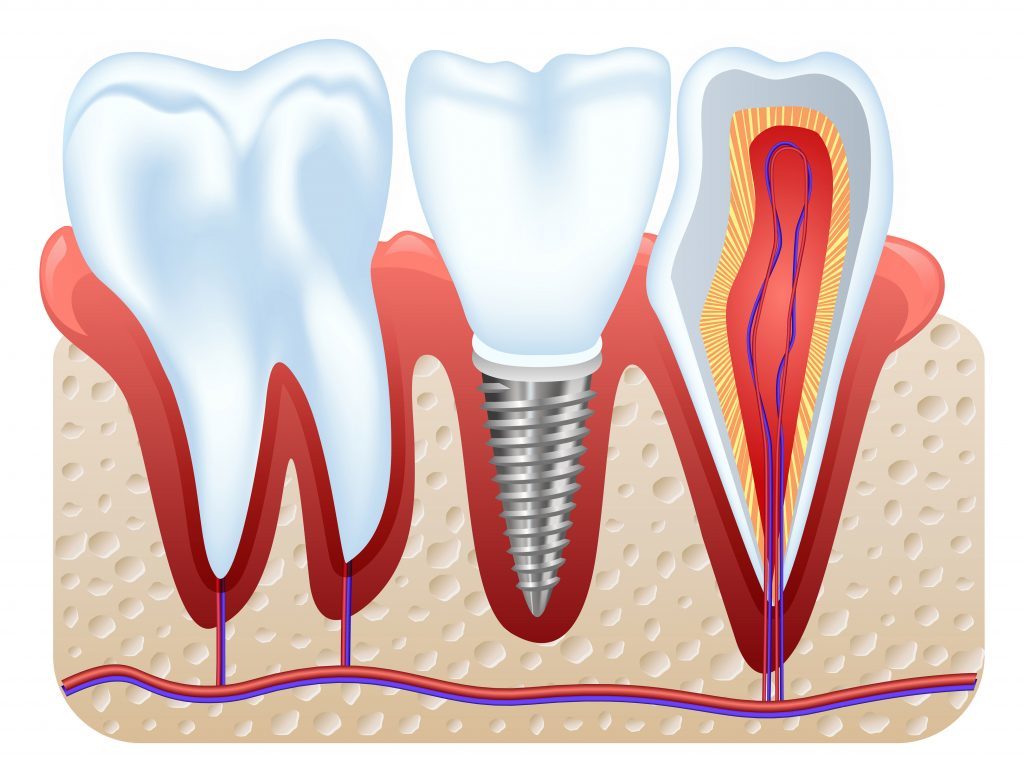 Pretam Gharat shares his top tips for starting a career in implant dentistry.
Pretam Gharat shares his top tips for starting a career in implant dentistry.
1. Enrol on hands-on courses
It is never possible to learn complex skills like placing dental implants solely by sitting in a lecture hall. One needs to enrol onto good quality hands-on courses, which will effectively teach you the necessary skills and help you gain enough confidence to go out there and place an implant in a practice of your own.
Good hands-on courses need not necessarily be the most expensive ones. In fact, my advice would be a very businessman-like one. I would say to do your research before you sign up for any course. Ask your peers who have done various kinds of courses. Keep your initial investment low, such as by spending under £10,000.
Once you learn basic implant dentistry, place some implants and earn the course fees back. After placing a few implants, you would yourself know a lot of things about the art and science of implant dentistry, increase awareness about your level of knowledge, and most importantly, whether or not implant dentistry is your cup of tea. It is never a good feeling to spend £20,000 to £25,000, learn the most advanced techniques and then realise that you do not enjoy implant dentistry. And this could happen. Once you are confident with the basic level of implant dentistry, then you could expand your skills with various courses, group discussions, webinars and so on.
2. Find a consultant/mentor you can trust to help in your transition
Implant dentistry, unlike many other forms of treatment, is very complex and, to say the least, can be very daunting at times. At the beginning, you have a lot of questions. You just want an expert clinician to have a look at your decision in terms of implant type, size and timing. You need an experienced set of eyes to look through the scans, radiographs and even at times simply verify your patient selection. I worked in a practice that was known for implant dentistry and my practice principal was a tutor on a well-recognised course in the country. This helped me immensely in building my confidence and getting my teeth into the complex world of implant dentistry.
One can easily find a mentor online or within a few miles of your practice. Most experienced clinicians would be happy to help you; even allow you to observe some implant procedures with them. Social media has no longer remained a space just to make friends or share holiday photos. There is a plethora of dental and implant groups on social media and the knowledge I have gained just by looking through others’ cases has improved both my quality of work and confidence immensely.
3. Branding
One needs to understand that it is of no use to have all the diplomas, degrees and qualifications under your belt, but no patients to practise all that you learn in the course. This is an area that a lot of us dentists fail to focus upon.
You will need to separate yourself from other dentists in your area, and create your own niche. This could be through various methods, such as in the form of name change or logo. Everything associated with your practice needs to project the image you are striving for. This is a bit more difficult if you are an associate, but where there is a will, there is a way. Get your principal on-board with your vision. Any form of effective marketing that will help attract patients and drive the income up will be a beneficial proposition.
4. Don’t be afraid to discount your first several cases for the right patients
If you have long-standing patients who could benefit from what you do, you might want to offer them a discount when you first start placing implants. Happy dental ‘missionaries’ who spread the word about you in your community might just be worth the discounted fee. Using this strategy can pay major dividends down the road.
I have also treated my staff on an almost cost basis. You can practise your skills on them and they are usually extremely co-operative and understanding. When their treatments go well, they are your best spokespersons when they speak to patients who are considering going ahead with the treatment. Remember, your nurses or receptionists will be a patient’s first point of contact and they can really influence treatment uptake.
5. Take the plunge, start simple
Finally, I would say to just go for it. Set yourself annual goals. What are the skill sets you plan to develop this year or in the next six months? Work on them. Ensure that you have a personal development plan with realistic plans and timelines. This is the best thing you can do to improve your skills and expand your skill sets.
Plan, implement, adapt and reap the rewards professionally.


